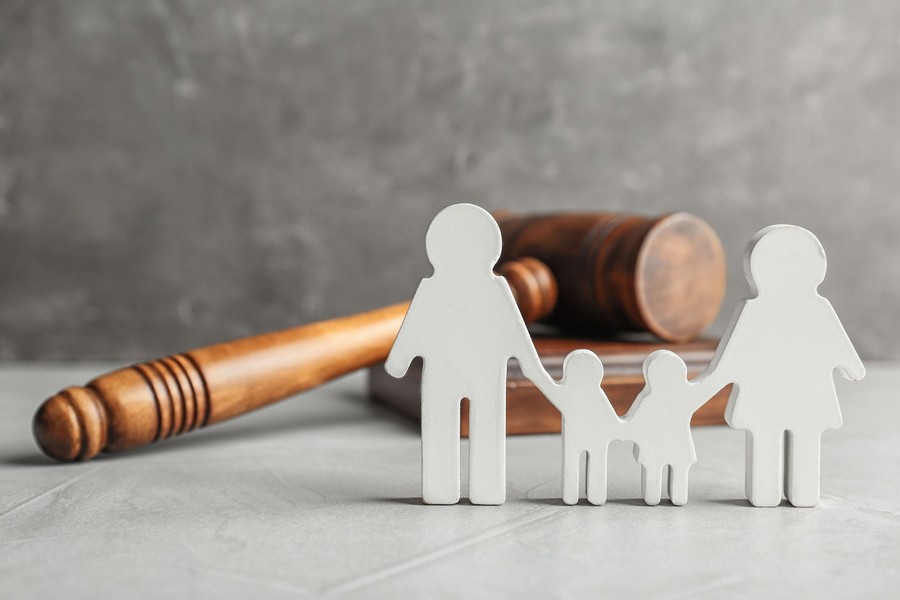Adoption is a sensitive legal process in the UAE, governed by strict Islamic laws and regulations. In Dubai, adoption as understood in many Western countries is not legally permitted because Islamic Sharia does not recognize full adoption. However, there are legal alternatives such as guardianship or foster care, which allow families to care for a child while respecting the cultural and religious framework of the UAE. If you are considering adopting or becoming a guardian, consulting professional Law firms Dubai can help you navigate the process effectively.
Understanding Adoption Laws in Dubai
Under UAE law, particularly Federal Law No. 3 of 2016 concerning the Rights of the Child (Wadeema’s Law), adoption per se is not allowed. Instead, Muslim families can take in a child under the concept of Kafala—a legal guardianship system that allows them to raise a child while maintaining the child’s original lineage and identity. Non-Muslim expatriates, however, may be able to adopt through their home country’s legal system, but such adoptions are not formally recognized within the UAE.
Steps to Obtain Guardianship or Foster Care in Dubai
- Eligibility Check
Before starting the process, individuals or couples must ensure they meet the eligibility criteria. Typically, applicants should have UAE residency, be of good moral standing, and demonstrate the financial ability to support a child. For Muslims, being married and adhering to Islamic values are also key requirements. - Application to the Ministry or Licensed Authority
The next step is to file an application with the relevant authority, such as the Ministry of Community Development (MOCD) or the Dubai Foundation for Women and Children. These institutions assess whether the applicants are suitable for foster care or guardianship. - Home Study and Evaluation
Authorities will conduct a background check and a home assessment. This ensures the child will be placed in a safe, stable, and nurturing environment. The evaluation process includes interviews, financial verification, and psychological assessments. - Approval and Child Placement
Once the application is approved, the authorities match the family with a suitable child. The family will then begin the process of guardianship under the supervision of the relevant department. Legal documentation is issued confirming the guardianship rights. - Ongoing Supervision and Compliance
Guardianship or foster care arrangements in Dubai are monitored regularly by the authorities to ensure the child’s welfare. Families must comply with all legal requirements, including periodic home visits and reporting.
Legal Assistance for Adoption and Guardianship in Dubai
Because of the complexity of UAE family laws and the differences between Sharia and international adoption systems, it is highly advisable to seek guidance from Law firms Dubai that specialize in family and child law. They can assist with document preparation, communication with government departments, and compliance with both UAE and home country regulations.
If you are considering fostering or obtaining guardianship of a child, professional legal advice ensures you follow the correct procedures and remain compliant with UAE laws. For more details and expert legal guidance, visit https://lawyersdubai.ae.

